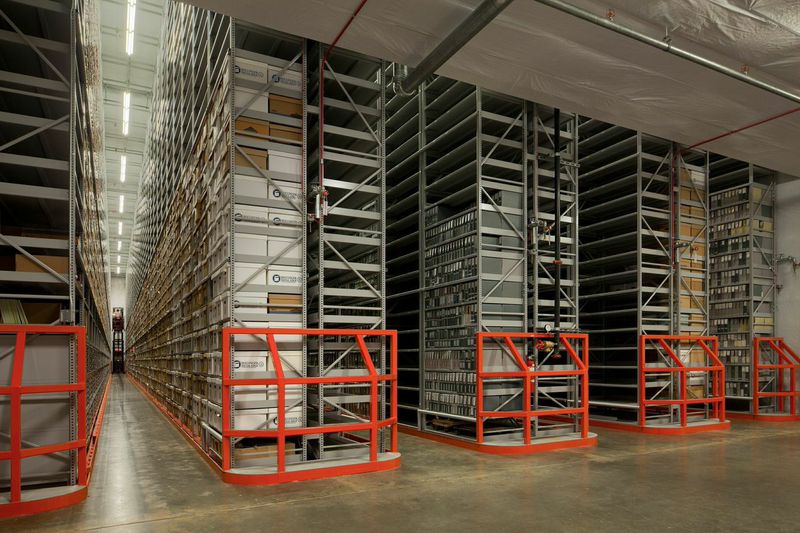Archives
ESA’s archives are in a beautiful new building at the Hargrett Rare Book and Manuscript Library at the University of Georgia, Athens. The collection consists of correspondence, reports, and research materials related to the activities of the Ecological Society of America. The records are primarily associated with 43 prominent members of ESA, including Stanley Auerbach, Frank Golley, and others. Read more about visiting the ESA Archives.
From the 2016 ESA Meeting: See archivist Steve Armour’s poster, Ecology in the Archives, on the content and significance of ESA historical records and other holdings at UGAL related to ecology.

The ESA archive finding aid is available online.
The historical record of ESA as an organization, as well as ecology as a discipline, depends on individuals involved ensuring that records of their service are passed on for future use. Please see Archiving ESA-related records and materials for more information.
In addition to ESA’s records, the Hargrett Library houses some important records related to the history of ESA and of ecology. These include the Eugene Odum and Frank Golley collections, as well as:
- The Institute of Ecology (TIE) archives, as well as digitized oral histories taken at the time that TIE ended, are at the University of Georgia’s Hargrett Library. See finding aid: http://hmfa.libs.uga.edu/hmfa/view?docId=ead/UA97-066-ead.xml.
The digitized TIE oral histories are also available online.
After clicking on the above link to the finding aid and you will see some general descriptive information for the interview. At the bottom of the page you will see a link that says “View online,” which will take you to the audio.
Individual Records

Many ecologists deposit their professional papers in an appropriate archive at their home institution. Often, we find documents relevant to ESA history in those collections, especially for ecologists who have served the organization in some capacity.
Because these records are so important to our understanding, HRC is compiling a “road map” to where the papers of prominent ecologists are located; the preliminary version is Archives Directory. You can help by letting us know when you encounter such collections so we can provide links to them.